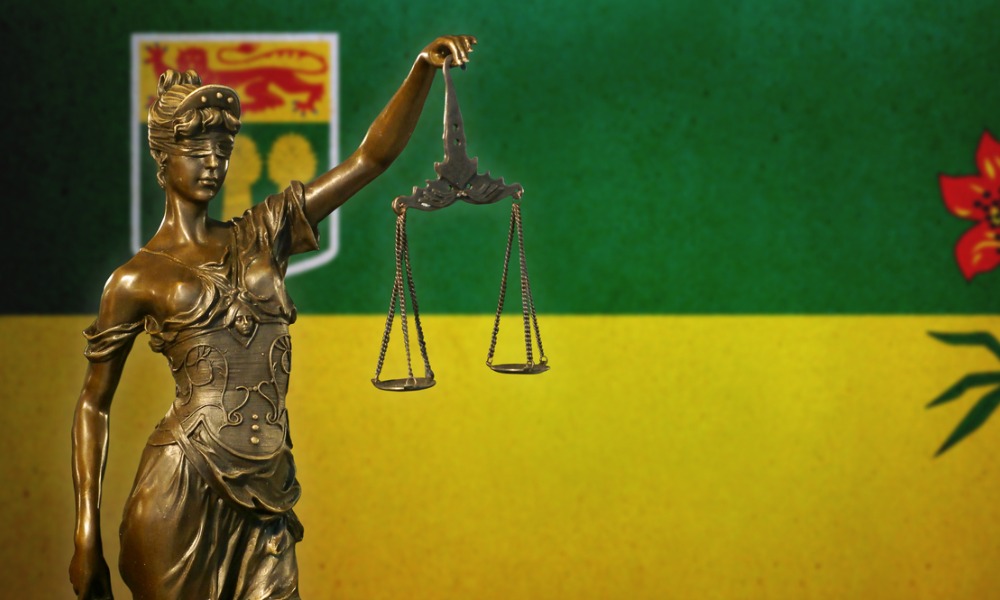The court considered the marriage's length and when the youngest child completed high school

In a recent ruling, the BC Supreme Court clarified when spousal and child support obligations should end.
In Johnson v Obert, 2024 BCSC 577, Paul Obert and Karen Johnson, who began living together in September 1995 and separated in February 2007 after over 11 years, have faced long-standing disputes over support payments. In a 2016 judgment, the court set Obert’s annual income at $110,000, ordering him to pay escalating monthly spousal and fixed child support.
The application was prompted by a drastic change in Obert's circumstances, specifically a severe injury in September 2021 that resulted in permanent disability and ended his career as a truck driver. This development was important for the court’s analysis under the Family Law Act of British Columbia, which permits modifications to support orders if significant changes in circumstances are proven.
The court's decision addressed several key issues regarding the support obligations. The court agreed that Obert’s child support responsibilities should have concluded in 2018 when the youngest child aged out of the legal definition of child of the marriage by turning 19 and leaving school.
The court also found that the Spousal Support Advisory Guidelines (SSAG) were instrumental in determining when spousal support should end. The court found that the marriage's length and the time when the youngest child completed high school exceeded the thresholds set by the SSAG for ending support, which would have been around mid-2018. Additionally, Obert’s disabling injury underscored a significant change in circumstances, justifying the cessation of spousal support obligations.
The court evaluated whether to cancel the arrears for child and spousal support. It decided that holding Obert liable for child support arrears after 2018, when his obligation had ended, would be "grossly unfair." Similarly, for spousal support, the court cancelled arrears that had accumulated after the determined end date of July 2018. However, arrears accrued up to that date remained due, reflecting the balance between legal obligations and Obert’s financial capacity post-injury changes.










